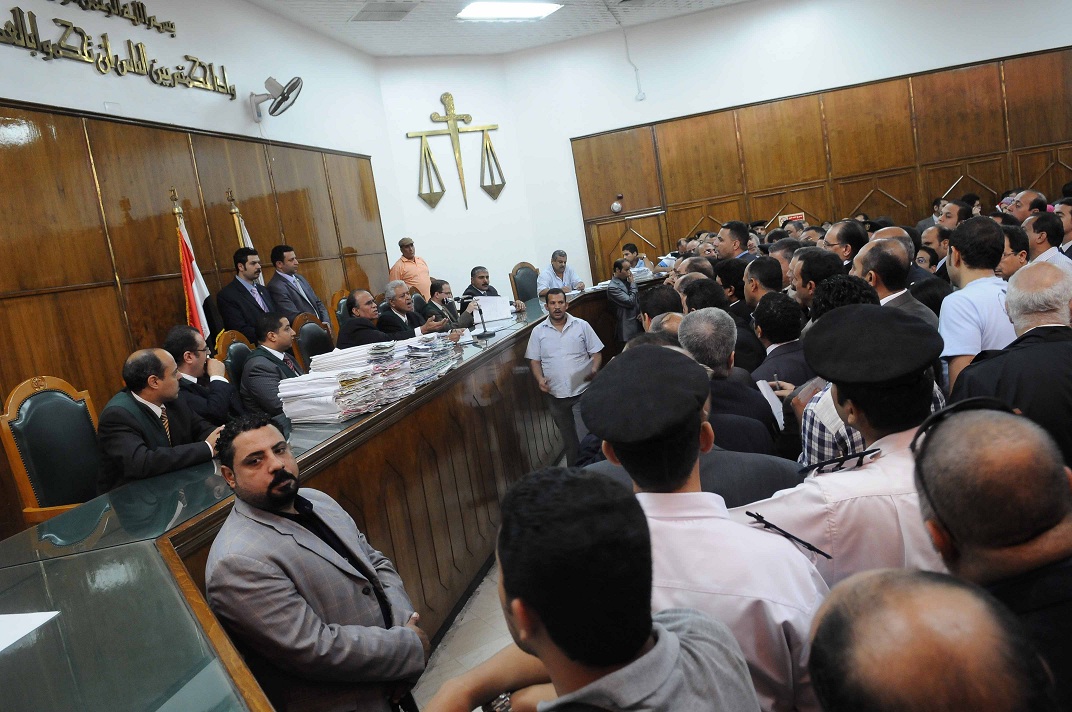
Increasing the Russian supply of wheat would cover Egypt’s need of grain July 2015, chairman of the Grain Industry Chamber within the Federation of Egyptian Industries Hesham Abou El-Dahab said on Wednesday.
Following a Tuesday meeting between President Abdel Fattah Al-Sisi and the Russian President Vladimir Putin to discuss bilateral cooperation in the economic and political sides, Putin announced that his country, the largest wheat exporter to Egypt, will supply the country with 5m tons of wheat throughout the year.
Commenting on the announcement, Abou El-Dahab said that Russia has assured Egypt that it has a “save” wheat allocation from the Russian wheat production which is estimated at 51.5m tons in the fiscal year 2013/2014, according to the World Grain Organization.
Abo El-Dahab added that the announced amount can be exported to Egypt until July 2015, which marks the end of the agricultural year.
Egypt, the world’s largest wheat importer, consumes around 11m tons of wheat per year, with 4m of them are obtained from local farmers and the remainder imported from Russian, Ukraine, Romania, United States, France and other countries, Abo El-Dahab said.
Wheat imports from Russian and other countries had been suspended in 2013 under the ruling of the former president Mohamed Morsi administration with then supply minister Bassem Auda announcing relying on the country’s domestic harvest. However, after Morsi’s withdrawal from power in July 2013, the interim government had gone back to importing wheat, saying that the Islamist president had depended on “false and misleading” data regarding local rates of production.
Ahead of Al-Sisi’s visit to Russia, chairman of the Agricultural Products Export Council (APEC) Omar Eissa said that Egyptian exporters have started negotiations with their Russian counterparts on supplying agricultural products benefiting from Russia’s ban on food imports from the European Union, the US and several other western countries for one year.



